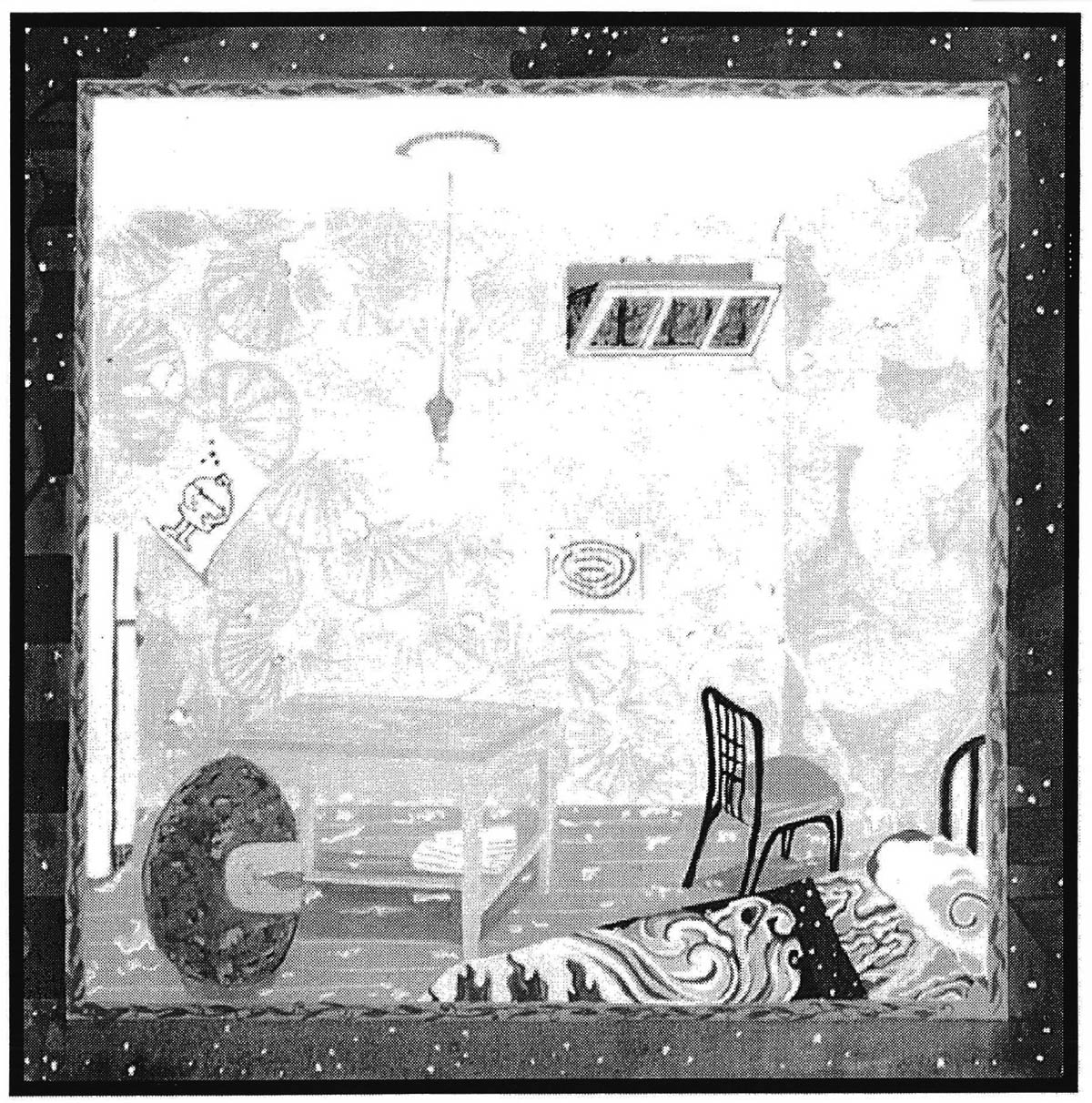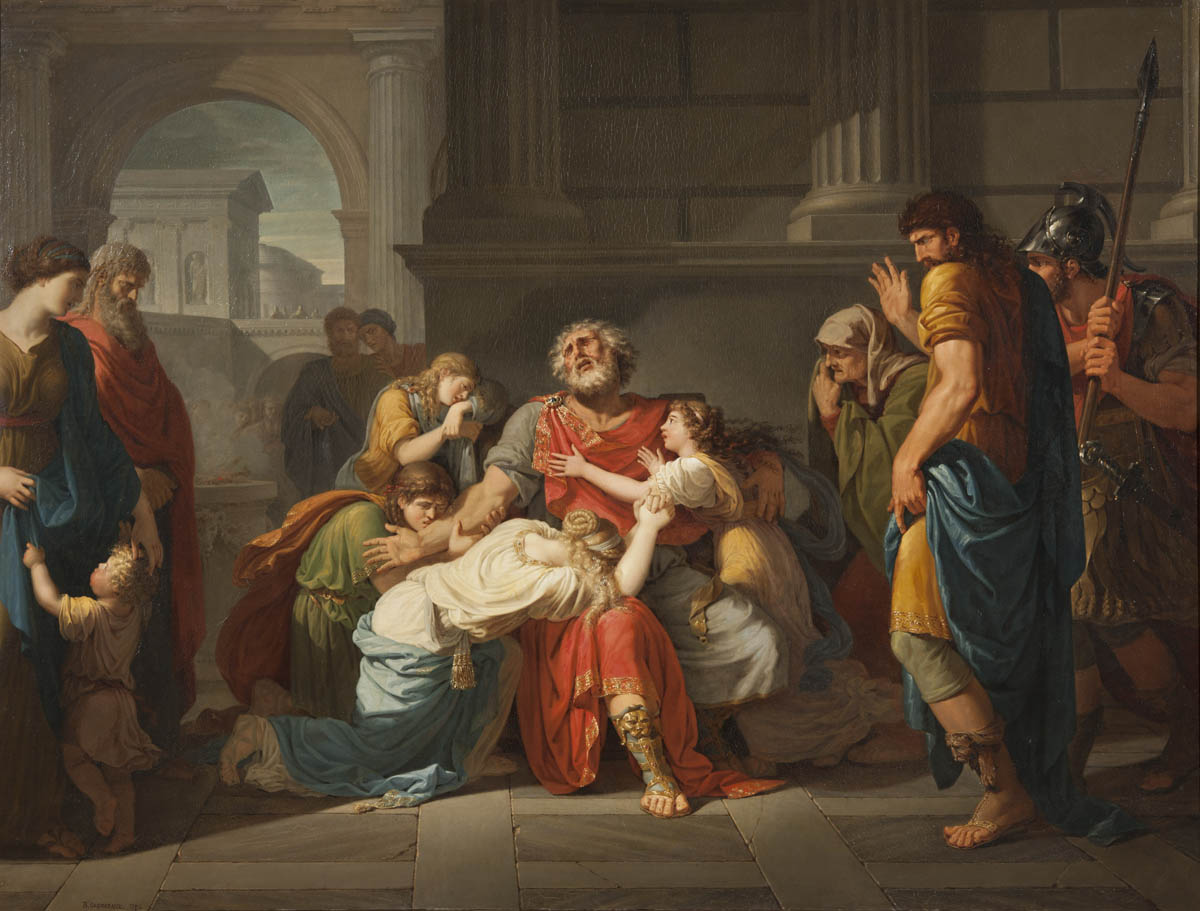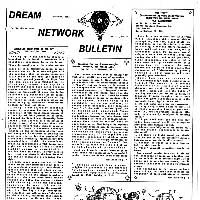Muses, who... give glory through singing, Come to me, tell of Zeus, your own father, sing his praises, through whose will Mortal men are named in speech or remain unspoken.
Hesiod, the ancient poet, began each of his poems by invoking the Muses for inspiration, for the Greeks believed that thoughts, ideas and emotions were gifts from the gods. In Hesiod's case, and often in our dreams, the Muses arouse creativity through imagery and melodies, sometimes inspiring us to compose a song, write a poem, or simply relax into the many voices of imagination.
Out of the nine Muses, four of them are associated with poetry and music. Reliefs of Calliope, the epic poet, often depict her reading one of Homer's heroic writings, the Iliad or the Odyssey, perhaps inspiring dreams of marathon proportion. Erato, the love poet, takes pleasure in serenading others with her lyre and often is accompanied by a swan or a cherub at her feet. In ancient Greece, Euterpe, the Muse with garlanded hair, was credited with the invention of wind instruments and may appear in a dream playing the flute or pipe. Polyhymnia, the veiled Muse, may materialize behind the keyboard of a pipe organ in a great cathedral, pounding out a song to the gods that awakens the dreamer with a sense of reverence.
Of course, the Muses' love for repetition and rhyme can include other images or sensations that arouse the dreamer's creativity. For instance, Beatle, Paul McCartney, awoke from a dream with a lovely tune in his head. Quickly, he sat down at the piano and found the corresponding notes and for days worked on the lyrics until the song, "Yesterday" was born. Singer/songwriter Billy Joel admits that many of his musical arrangements come to him in his dreams. Just as the late songwriter/comedian, Steve Allen, "regularly heard music and lyrics in his dreams."
The Muses call us to pay attention to the sound and motion within the dream like composer Shirish Korde. "I was hearing fragments of music and seeing birds fly," avows Korde. "The speed with which the birds were flying kept changing, which determined the musical gesture - the content of the passage." Immediately upon awakening, he recorded the dream's movement and melody into a solo flute composition, "The Tenderness of Cranes," that won both the National Flute Association award and the Ettleson Composition Prize for new music.
In each case, the dreamer is asked to be an instrument - an intermediary - between the dream and the composition. Perhaps that is why the Muses and their attendant inspirations appear so often in dream: to remind us that inspiration springs from a source beyond ourselves. They invite us to momentarily set aside our egos and trust a divine force.
The ancients knew that the Muses brought more than inspiration to the artist. They also brought respite to the weary. When the body was tense from life's dilemmas, when worry weighed heavy on one's shoulders, they graced the dreamer with their splendor, letting their spirits soar and glide far from home, temporarily forgetting daily woes:
...and even when a man has sorrow fresh in the troublement of his spirit and is struck to wonder over the grief in his heart, the singer, the servant of the Muses singing the glories of ancient men, and the blessed gods who have their homes on Olmypos make him presently forget his cares, he no longer remembers sorrow, for the gifts of the goddesses soon turn his thoughts elsewhere
I am reminded of a dream in which I sit at a piano playing Rubenstein's Romance. As my fingers stroke each cord, a wash of color appears, then another and another until the music paints a rhapsody of color upon color within color, awakening me into a soothing state of awareness. Oil painting and playing the piano often brings the same sensation, pulling my thoughts from daily ponderings into the realm of imagination that relaxes the body and calms the mind by drawing my full attention to the coordination of fingers, harmony and the corresponding movement of notes on a page or the swirling and blending of paint on canvas - a reverie that replenishes and aligns psychological and creative notions.
The Muses invite us to temporarily put aside life's demands that can program us into automatons, tenders of time, schedules and dates. They want us to listen, not for understanding and explanation but for sound and imagery that delights the imagination, shaping the invisible world with image and sound that perfectly expresses the depth of one's soul.
An acquaintance of mine once told me that each morning her dream summarized itself in the verse of a popular tune or hymn or a few lines of poetry. Perhaps this pleasant ending is also a way of beginning the day by beckoning the sweet voices of the Muses:
But now, O sweet-spoken Muses of Olympos, daughters of Zeus of the aegis, sing out the generation of women. Like her... or like her... or like her who...
Hesiod. Works and Days, Theogony, The Shield of Herakles. "Works and Days." Trans. Richmond Lattimore. University of Michigan Press: Ann Arbor, 1991, (1-3)
Barrett, Deirdre. The Committee of Sleep. Crown Publishers: NY, 2001. (pp. 66-74)
Ibid (pp. 75)
Hesiod. "Theogony" (97-102)
Ibid, (1021-3)








